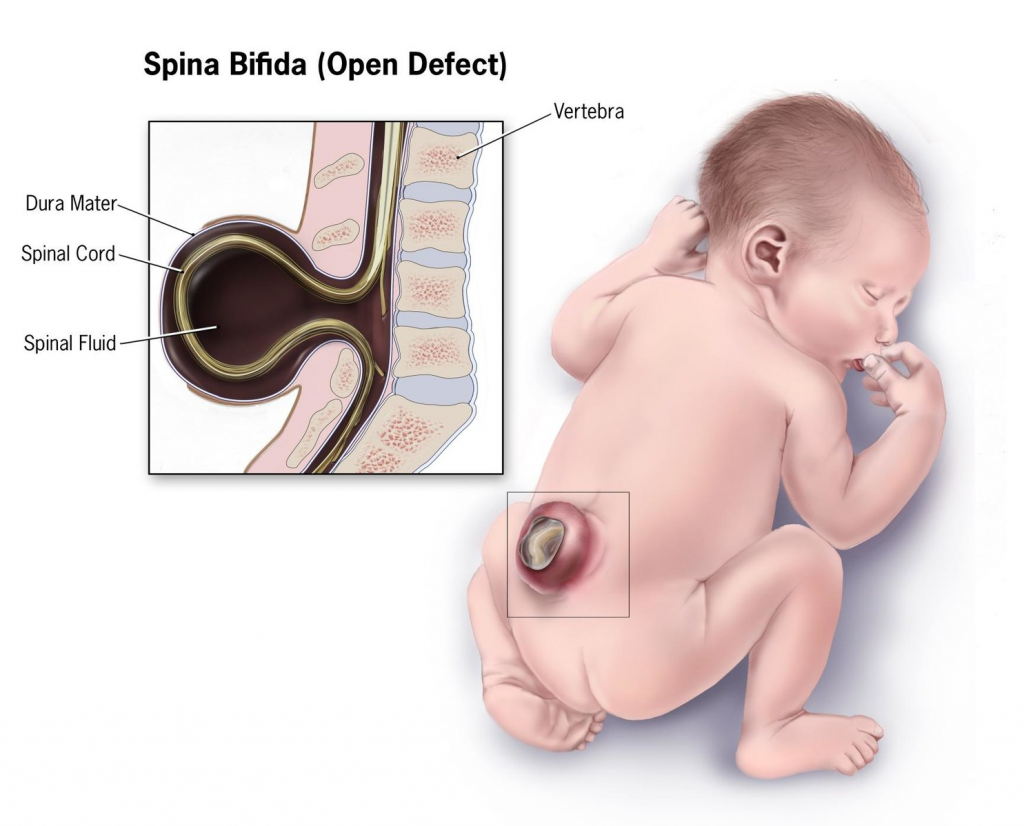
Is it time to implement folic acid fortification?
After a long, ongoing debate, the UK government has made the decision to fortify non-wholemeal wheat flour with folic acid. To date, more than 80 countries worldwide have implemented a mandatory folic acid fortification policy, starting with the US back in 1998. Yet, most countries within the European Union, including Sweden, do not mandate fortification.
What is folate?

Folic acid is a synthetic form of a B vitamin, folate. Intake is crucial during pregnancy, particularly in the initial stages because low levels increase the risk of major neural tube defects (severe birth defects of the brain, spine, or spinal cord). As these occur early in pregnancy – often before a woman knows she is pregnant (and of course not all pregnancies are planned) – the most inclusive approach is a population-based strategy. Through widespread fortification, it is predicted up to 200 neural tube defects could be prevented in the UK annually.
Are there any harms?
When implementing a population-based health measure, one needs to be sure that it is going to be largely beneficial, with minimal harm and risk. There are potentially harmful effects with exposure to very high dose folic acid. The most important of which is the increased risk of certain cancers, through mechanisms that speed up the growth of pre-cancerous lesions and hence faster progression to tumours. It is also biologically plausible that high dose folic acid can mask anaemia and worsen neurological problems in those with B12 deficiency, yet there has not been compelling evidence to support these claims. It has been over 20 years since the first nationwide folate fortification programme, meaning there are ample data to examine the effects. A large meta-analysis published in The Lancet reported that supplementation does not increase the incidence of site-specific cancer. A key consideration is the dosage, and the argument for fortification is that it gives everyone a small dose that brings up the baseline level of folate within individuals in a population.
Or potential unknown effects?
Folate contributes to a vast array of bodily functions (e.g. red blood cell formation, healthy cell growth and function, DNA production and regulation), meaning there are many potentially affected pathways. For instance, folate is a dietary source of methyl (CH3) groups, which through a process called DNA methylation, play important roles in turning genes on and off (gene expression). Maternal folate has been associated with changes in DNA methylation at many sites across a newborn’s genome. As it stands, more studies are needed to assess the impact of maternal folate on offspring gene expression across the life course. Other genetic factors within individuals should also be considered. For instance, common genetic variation in genes with roles in breaking down folate (MFTHR) could lead to higher levels of unprocessed folic acid and cause toxicity.
Is flour fortification really necessary?
Fortification is being recommended as it is difficult to meet recommended intakes through diet alone (Adults, 400 mcg; women planning a pregnancy, 400-1,000 mcg). Optimal folate levels can be achieved using inexpensive supplements, but they need to be taken before or around conception. Women of childbearing age often don’t meet Nutritional Recommendations for folate, hence the aim is for fortification to bump up folic acid levels for unplanned pregnancies or in women unaware they need to take supplements.
Future fortification?
In a 2007 report, the Swedish Council on Technology Assessment in Health Care concluded that, as the beneficial effects of fortification (on neural tube defects), and detrimental impacts on incidence of some common forms of cancers are unquantifiable, fortification is not scientifically justifiable. In Europe, policymakers are reluctant to enforce food fortification by law. It is estimated that 15,000–20,000 pregnancies affected with a neural tube defect in the European Union could have been prevented if folic acid fortification had been implemented from 1998 to 2017. Perhaps the UK’s decision to fortify gives pause for thought and could prompt fresh discussion on whether other countries in Europe should follow suit.
What foods contain high folate?
For those wanting to increase their levels of folate through diet, some good sources of folate include:
- Dark green leafy vegetables, including broccoli, brussels sprouts, spinach, and kale
- Beans and legumes
- Yeast extract (marmite)
- Eggs
- Wheat bran and whole grains

0 comments